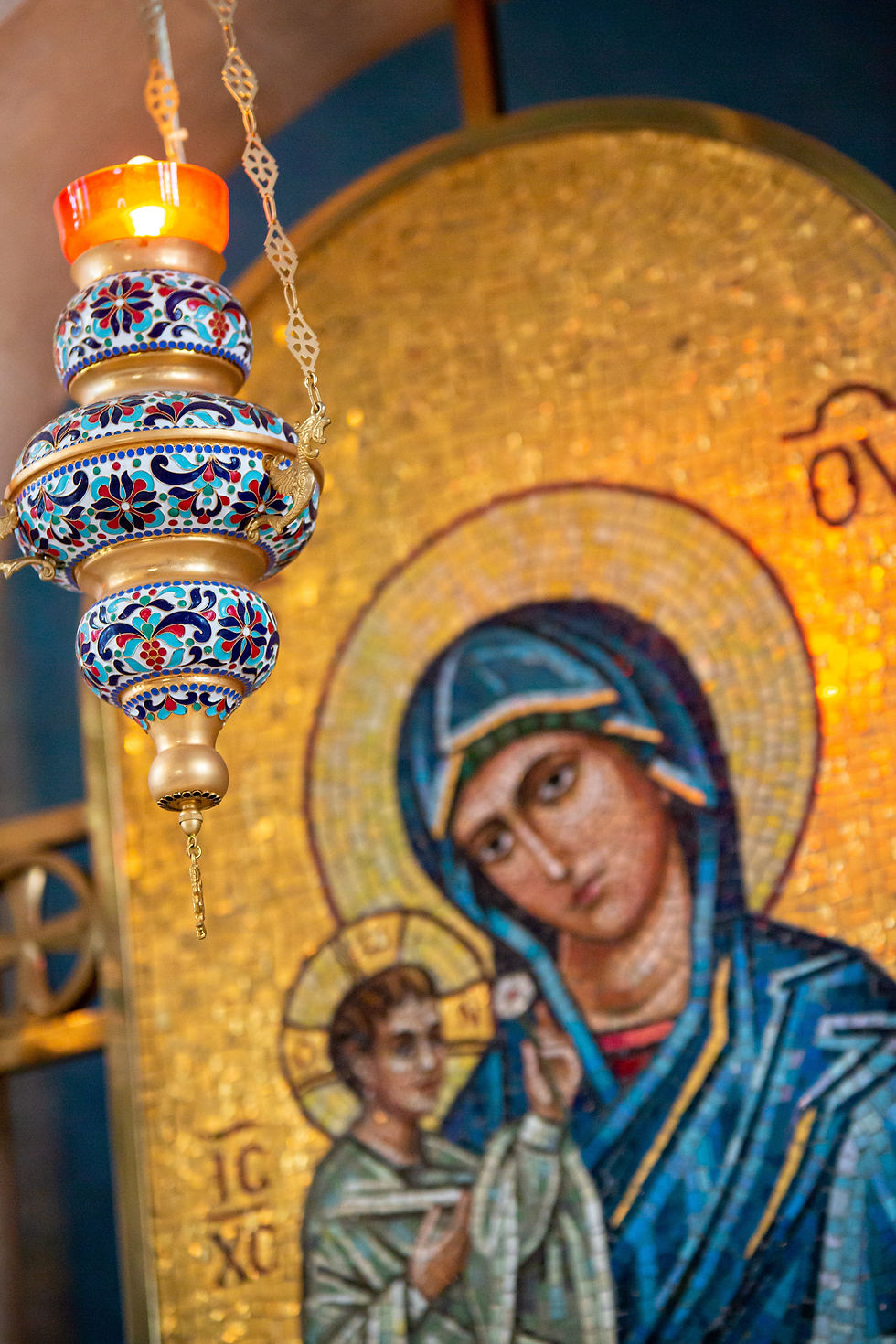The Complexity of Identity
- Rakhi McCormick

- Jan 20, 2021
- 4 min read
Who am I? Where do I belong?
These are questions that have plagued me from a young age. Growing up Indian and Hindu in a small Iowa town, it was hard not to feel like I was a bit of a misfit. My parents did a remarkable job of sheltering me from some of the challenges they faced. I was raised never to let my differences be an excuse for mediocrity.
The older I got, the harder it was, though, to not wonder if life would have looked different for me if I had the fair skin and freckles and the curly auburn hair and green eyes I longed for secretly. (This was what I wanted to look like as a child. I have no idea why I settled on these particular characteristics. I just did.) As an adult, I know the answer is unequivocally, yes.

[As a side note, I want to be careful not to pretend that life was awful. I had a few good friends, and I did well in school.] I buried the questions I heard about “why do you all you Indian kids think you’re smarter than us” and the Native American jokes because “Indian,” and just went on with my life. (By all, there were just a handful of us, if that.) The fact remains, even when we cannot process the big emotions lying under the surface, we notice when we are seen and treated differently. That memory does not go away. You notice when no one looks like you, or when no one who looks like you is included, even if you brush it aside and just keep swimming.
That brings me to the current day. Much has happened since November 2020, but let’s revisit for just a moment. The election of Kamala Harris as the first Black / Indian Vice President in our history brought forth a lot of emotions. While I disagree with many of her policy positions, there was something buried deep inside that broke loose at seeing a woman who shared part of my heritage on that stage as our next Vice President. In seeing the photos of her family, of her mother and their time in India, I saw my own family albums. As I shared with my daughter that Vice President Harris is also half Indian like her, the light in her eyes exposed the rawness of what I was feeling too. There is a great value to seeing your likeness represented, even when you disagree on the issues and how to solve them.
The amount of concern showed to me when I expressed my emotional response to the election of Vice President Harris assumed my inability to navigate the complexity of the moment. It revealed instead that many still don’t understand a simple truth for a great number of Americans. Some of us don’t have the luxury of being able to pick the “right” person to make us feel seen. That in itself is a whole other story. In case anyone was still concerned for my daughter or me, we are clear on how much we differ from the Vice President on many issues, and we are able to celebrate seeing someone whose family looks like ours break barriers while understanding that our physical image isn’t our full identity.
First and foremost we are all made in the image and likeness of God. However, and this is important, God did not create us all to look the same. It is unwise to dismiss the need to see ourselves physically reflected in the world around us using the image and likeness of God as an excuse, just as it is erroneous to assume people take on a monolithic identity based solely on the color of our skin or the ethnicity of our ancestors. It is dangerous to have a Church who doesn’t reflect the wideness of the people of God, all of whom were created in His image – in our imagery, in our spirituality, in our worship, in our theology – because it risks creating God in our image instead. That leads me back to the present day.
What we have seen unfold in the aftermath of the election, the images we saw from the Capitol grounds amid insurrection – swastikas, confederate flags, nooses – is chilling. There is an unwritten understanding that surround these images for those who have eyes to see – you are not welcome here and your life has no value. That people of faith were among that crowd and a cross was among these images betrays the way we have blasphemed the name of God for our own gain.
Identity is complex. We are sinners, but our lives are sacred. We are unrepeatable, but we share much in common. As we go forward with a new administration in the White House and a new majority in the Senate, we need to learn to walk in these in-between places with our hearts firmly set against dehumanizing others and reducing them to a fraction of their full identity. We have to reclaim our ability to be a people of both/and with the ability to see beyond the caricatures created for political gain or risk losing sight of the image of God that resides within.






Comments